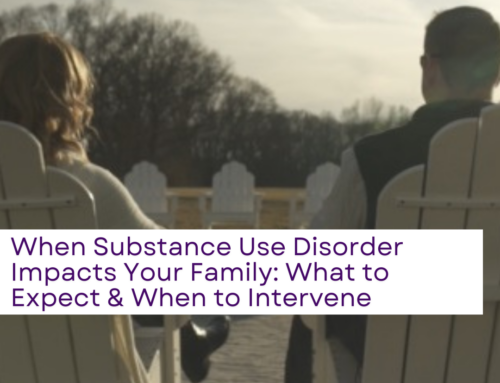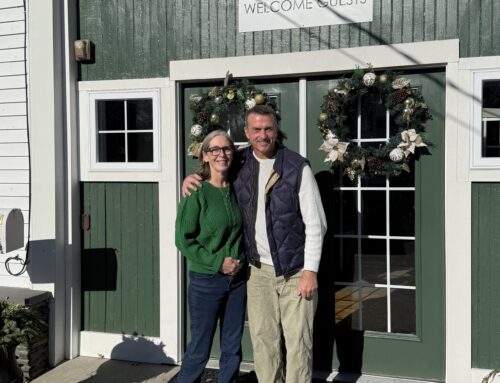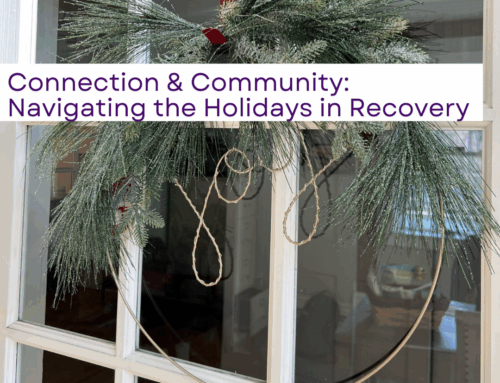Substance abuse disorders often isolate people from their loved ones. People become cut off from the people that they care most about, and their drink or drug of choice takes center stage in their lives. So, when someone decides to stop drinking or using, they may feel as though they are going it alone, but the truth is that there are recovery communities everywhere, and recovery is best achieved with help from others. Getting help from other people through each stage of recovery is the best way to ensure continued sobriety.
How Community Helps Recovery
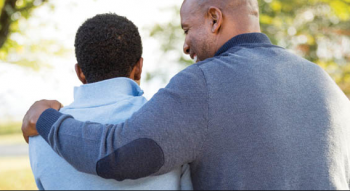
One of the hallmark symptoms of active addiction is a feeling of isolation, of being “different than”, or “separate from”. This often manifests itself in a feeling of not measuring up, or not being good enough, and drives people struggling with drinking or drugs into isolation, and exacerbates loneliness, anxiety, fear, and depression. These emotions, in turn, perpetuate the disease, and it becomes a vicious cycle that can be extremely hard to break.
This is why, in recovery, having a community of support from people who understand and can offer support is essential, no matter the level an addiction has taken someone, or where a person falls on the spectrum of substance use disorders.
Encourages Open and Honest Communication
Becoming honest with oneself and others is an essential component of healing from substance use disorder. In active addiction, people are not accustomed to being honest with themselves or with others; it’s the nature of the disease. This leads to strained personal relationships with family and friends, which are difficult to address when newly sober. It is much easier to start getting honest with a community of people who have walked this path before you, understand what you’re going through, and can offer advice and support. This honesty can translate into open communication with loved ones, which in turn can strengthen relationships and improve support systems.
Supports Healthy Lifestyle Changes
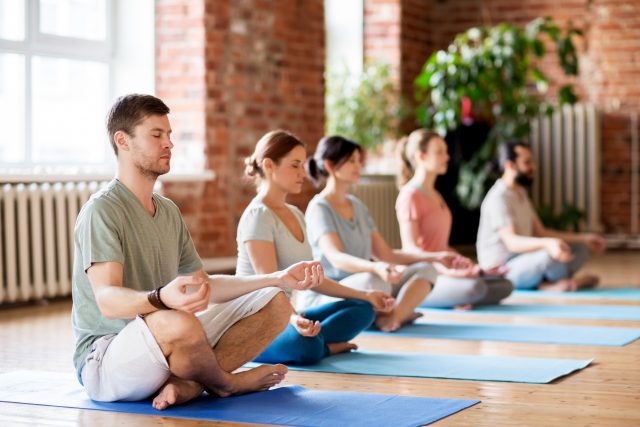
For people to succeed in recovery long-term, they must find purpose, meaning, and joy in life through positive habits and healthy lifestyles. One of the best ways to develop and maintain healthy habits is through community. Your recovery community can encourage you to engage in these practices, as many people in recovery also engage in healthy habits and practices as well. For example, there are yoga classes designed specifically for people in recovery. There are also nutritional, fitness, literary, and spiritual groups dedicated to supporting people in recovery. Get online and search for some that may be near you! Or ask other people you meet in recovery what they do to support a healthy lifestyle and join them!
Provides Examples of Success
Support groups and 12-step communities are great opportunities for people in recovery to meet and befriend people who are also in recovery. These groups show participants that they are not alone in their struggles, because others have had similar experiences. However, the best aspect of support groups is perhaps the many examples they offer of success. In these groups, people can see how the lives of other members have improved, so they can use other people’s stories both for inspiration and as examples of how to achieve long-term sobriety. This is especially important when you hit stumbling blocks or difficulties in your own recovery. Going it alone can make you feel discouraged, whereas talking to a recovery community who know exactly what you’re going through and can offer tips and advice on what to do promotes hope.
Provides Opportunities to Help Others

Support groups and restored relationships can be great ways for people to find an encouraging community in recovery, but these communities also allow people in recovery to return that encouragement to other people who need it. For instance, you can mentor a fellow support group member, or encourage loved ones or friends to get help with a substance use disorder. It’s one of the greatest gifts of recovery: the ability to be present and to help others. Reaching a hand out to someone who is struggling is a great way to get out of your own head, and puts your own problems in perspective.
Where to Find Recovery Communities
Many people, when they are wondering if they have a problem with drinking or drugs, go online to do research and look for resources, and it’s a good place to start. While online communities aren’t a substitute for real-life face-to-face interactions, it can be a leaping off point, especially if you don’t have anyone in your immediate circle you feel you can reach out to. There are 12-step meetings and online 12-step groups everywhere, a simple Google search will direct you to the ones in your area. There are chat rooms, blogs, and other online resources that can help you locate communities in your area as well, and can give you an outlet when meeting someone in person isn’t feasible. Look for yoga/meditation groups, and other health and fitness oriented communities that are geared towards recovery. Just joining a group of people who are doing what they can to live a healthy, substance-free life goes a long way to increase your support and your peace of mind.


